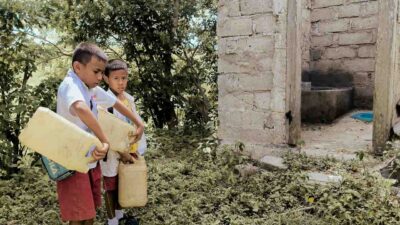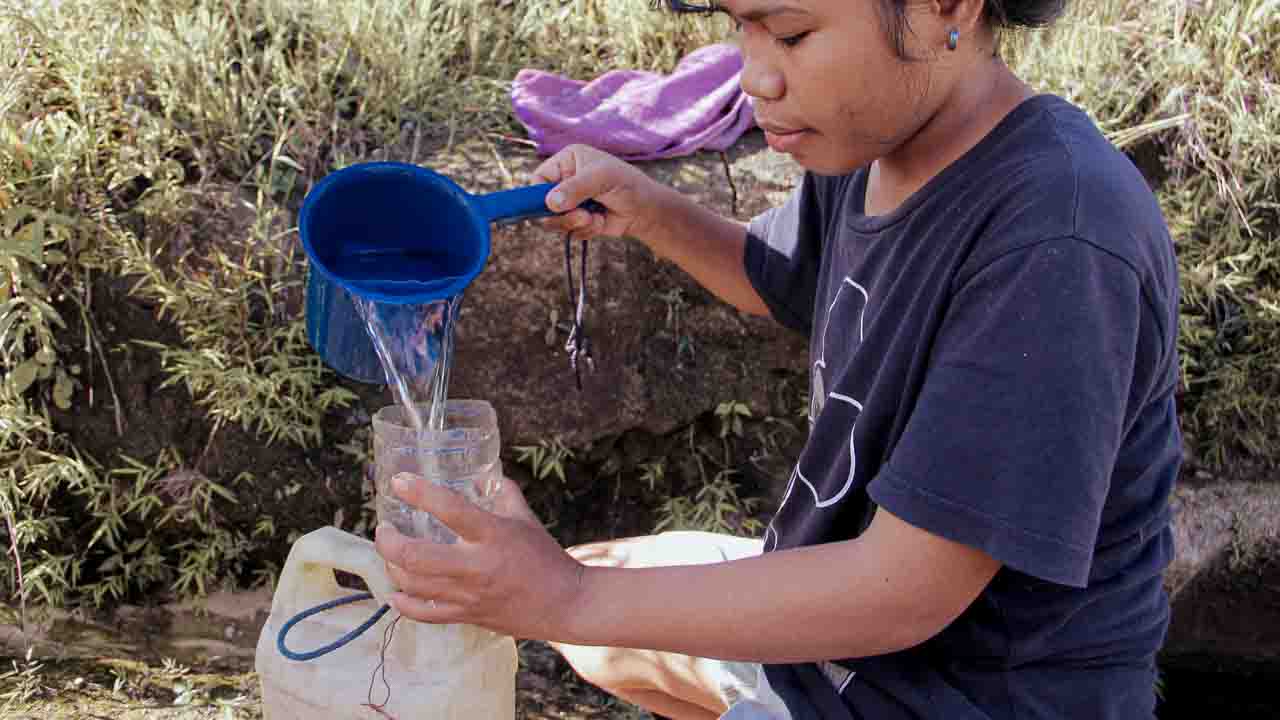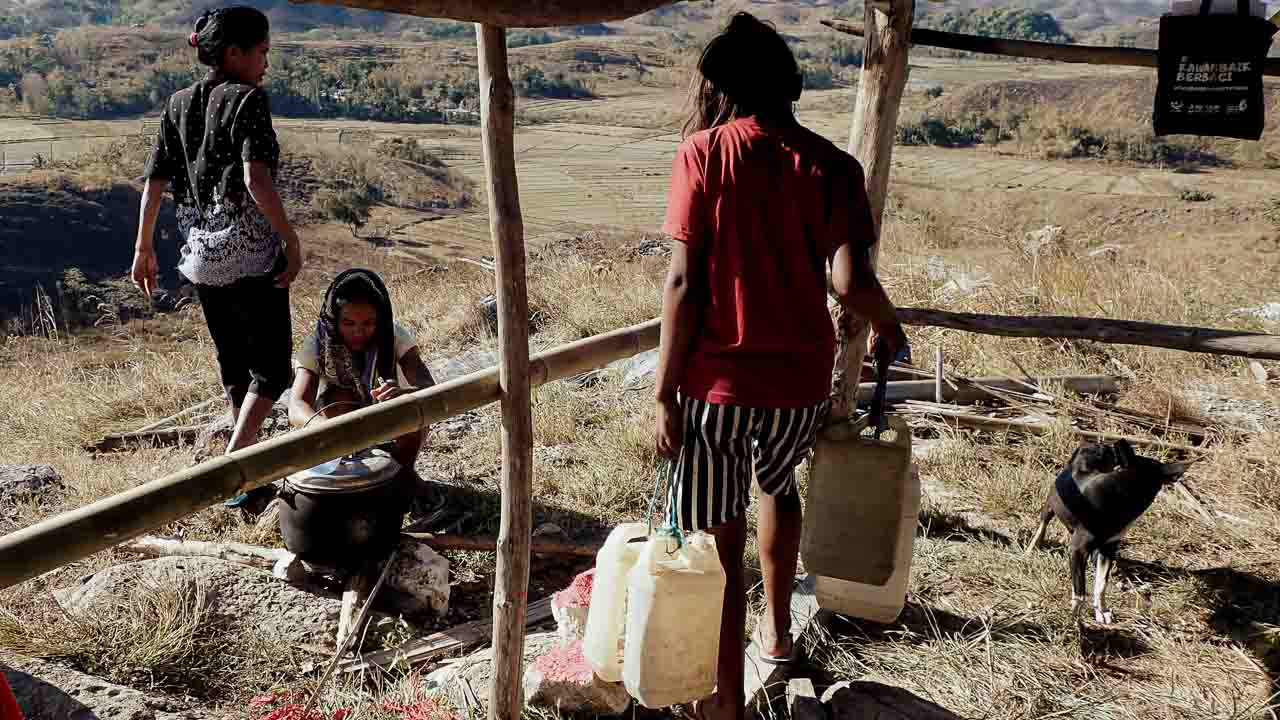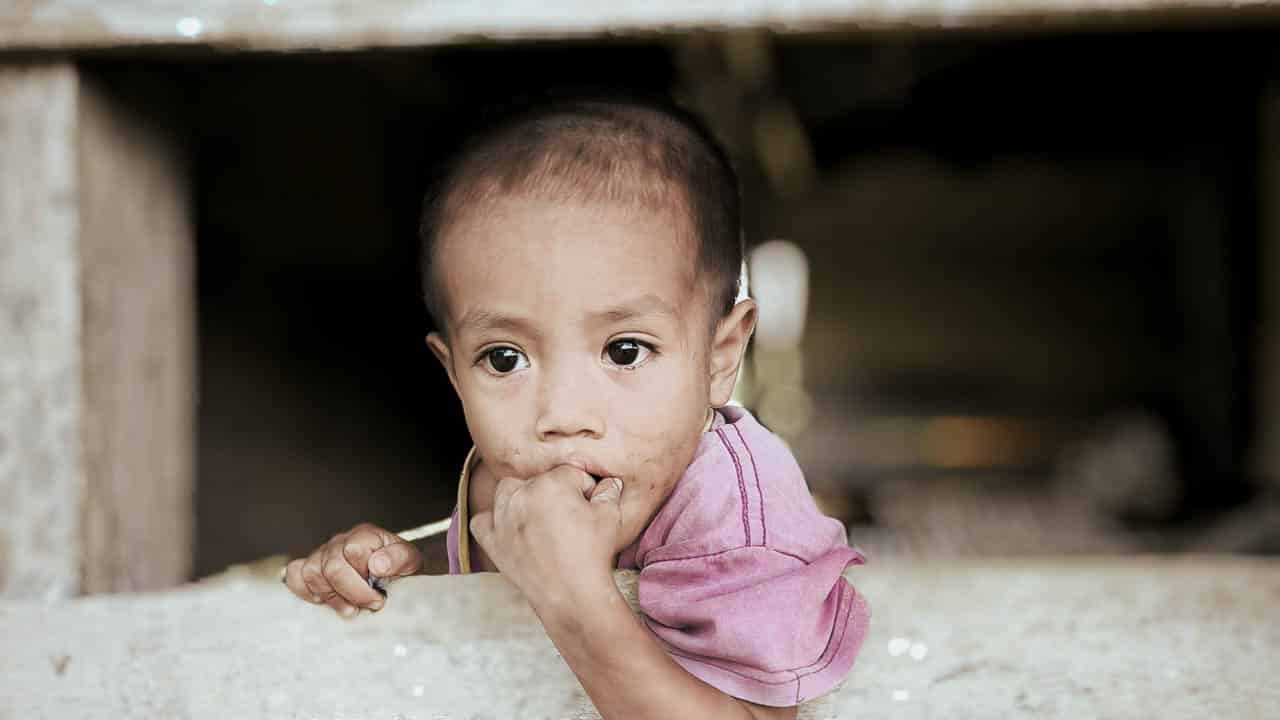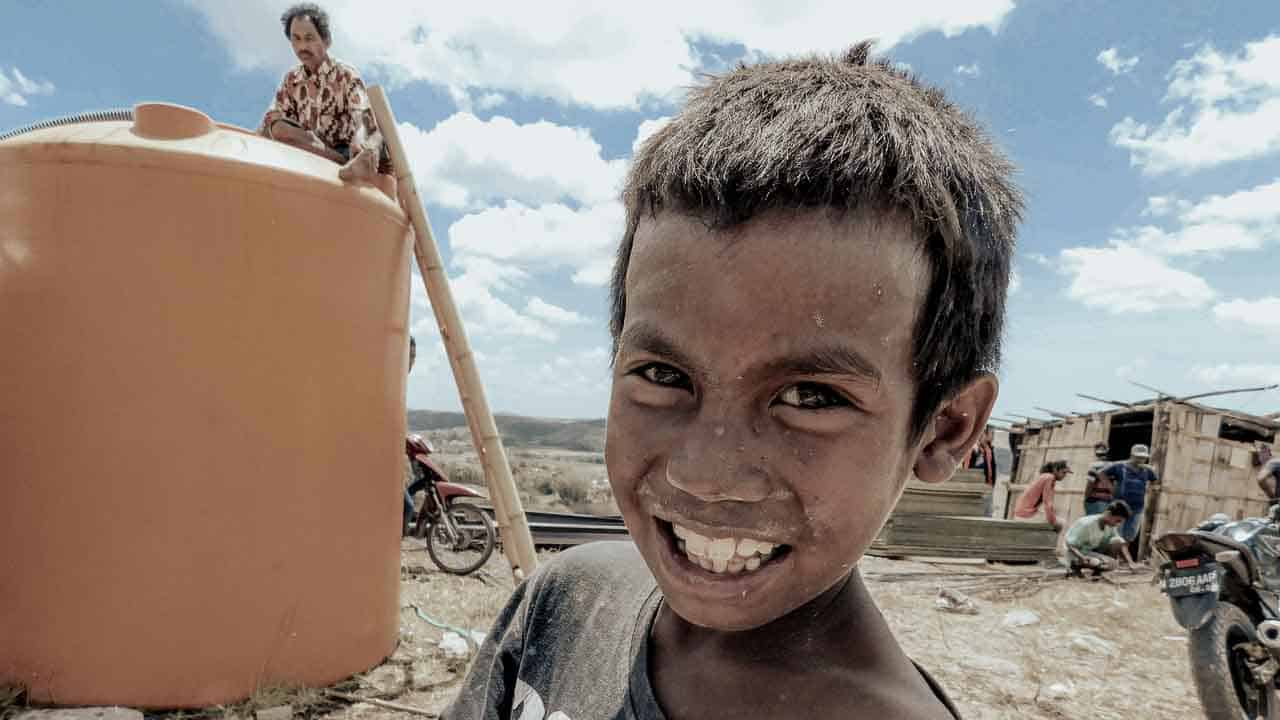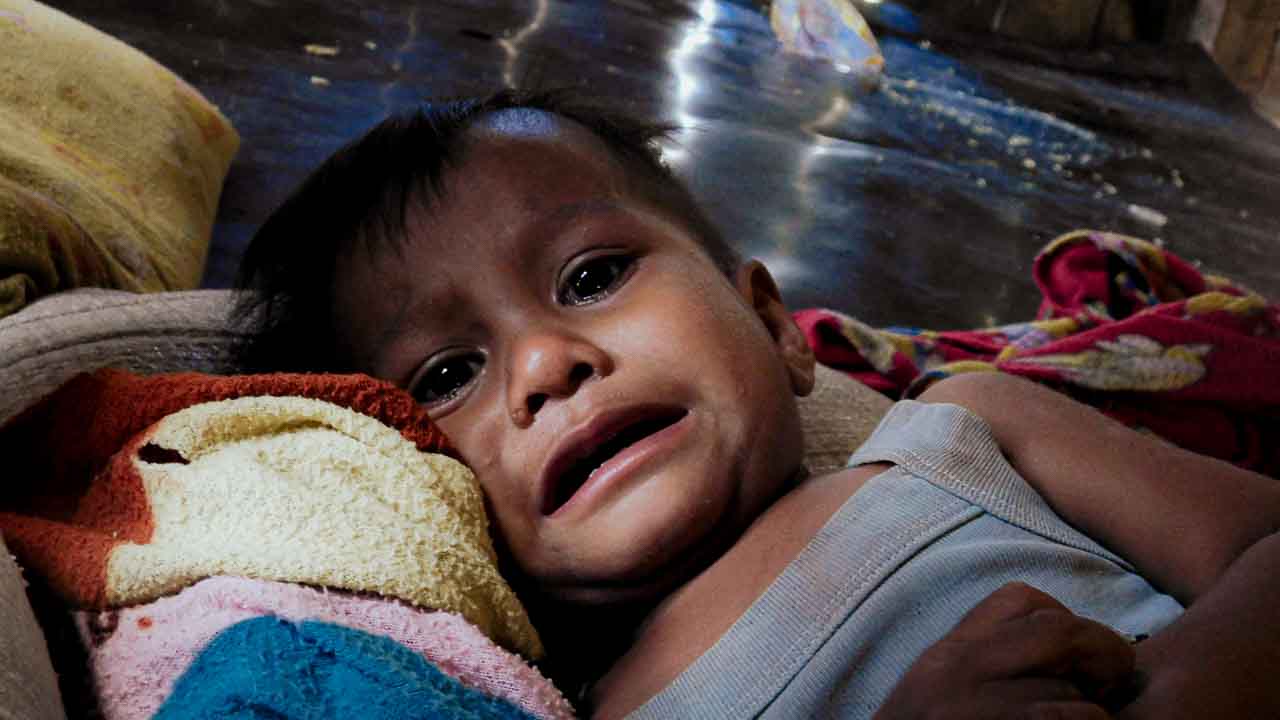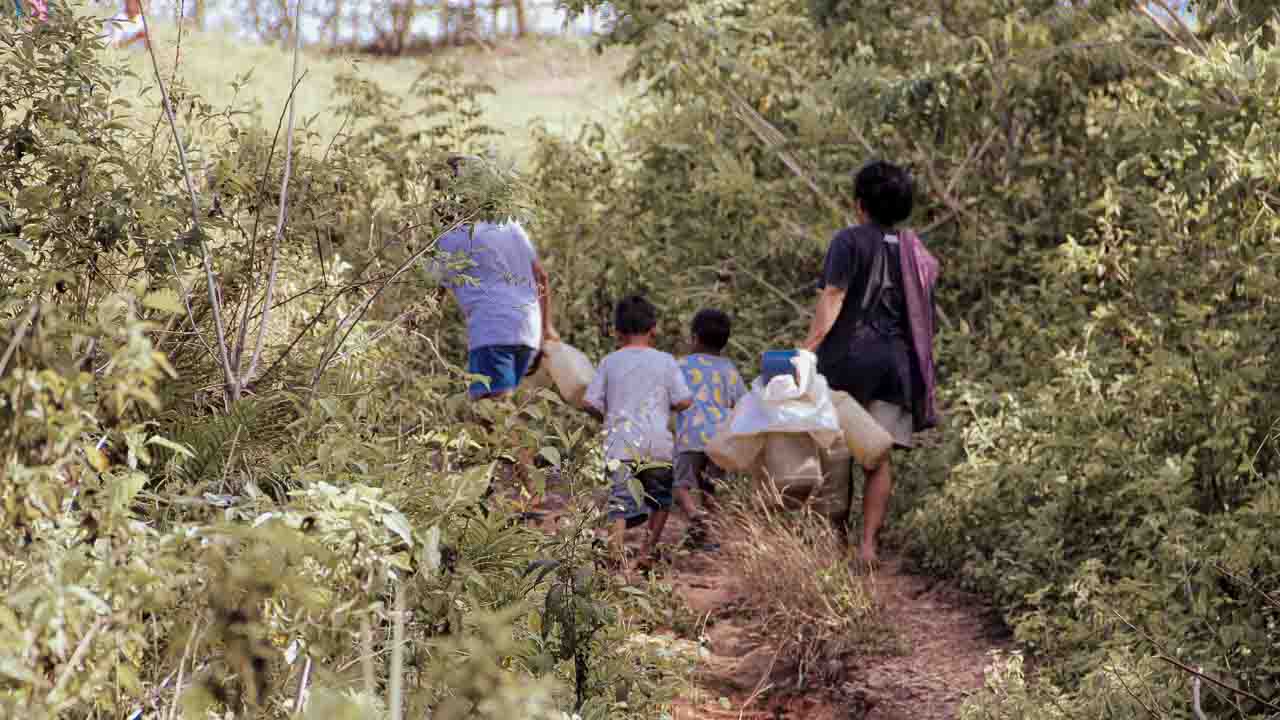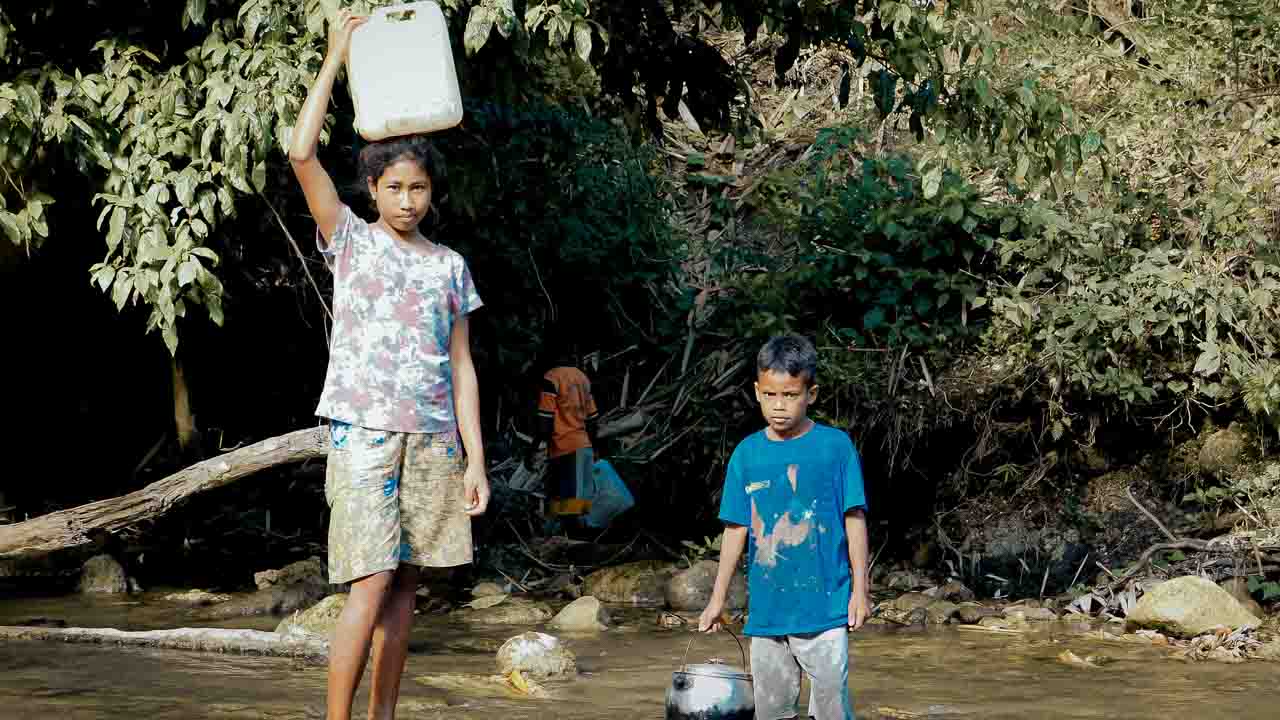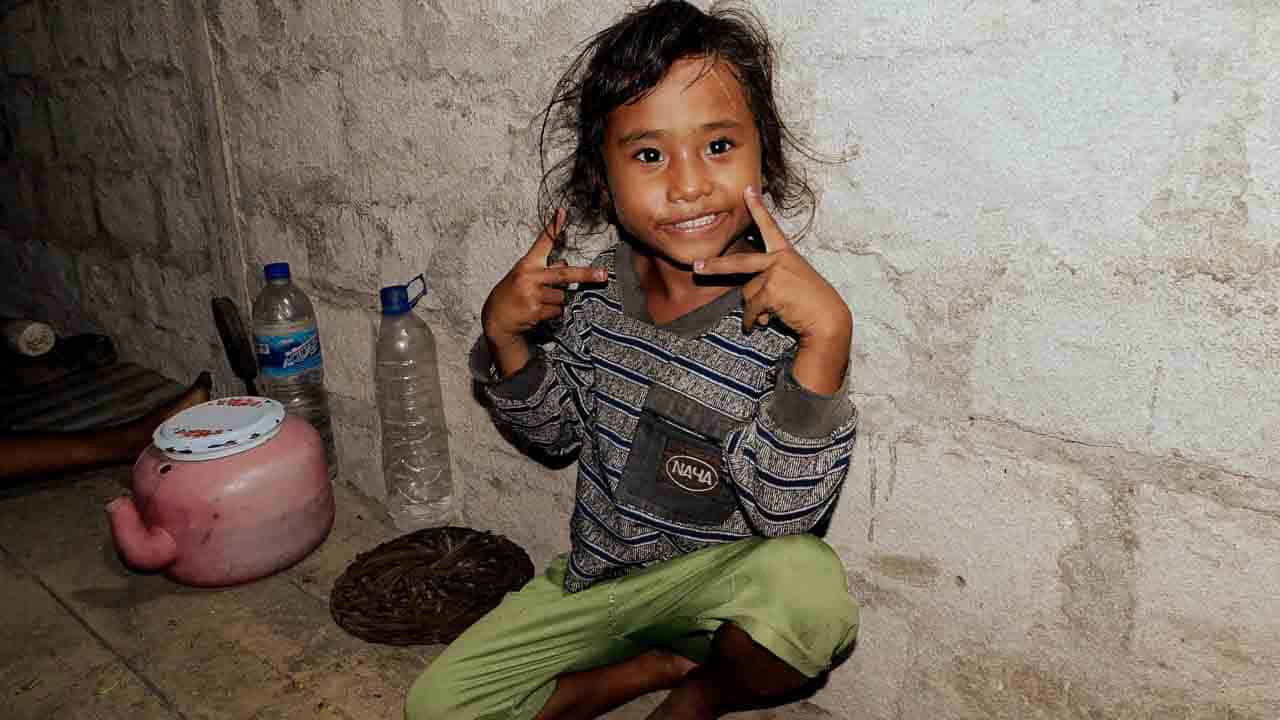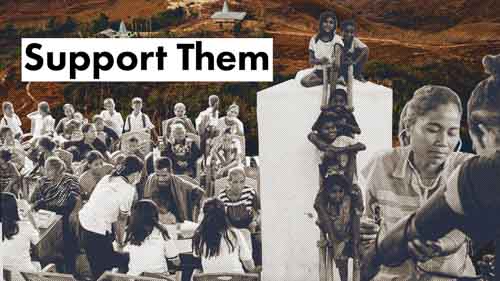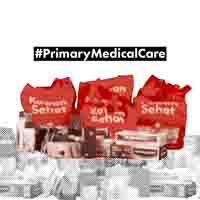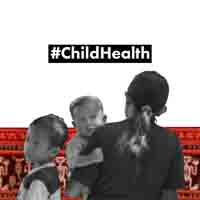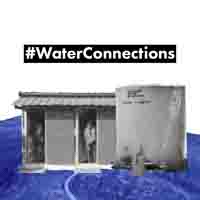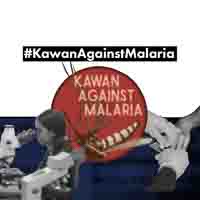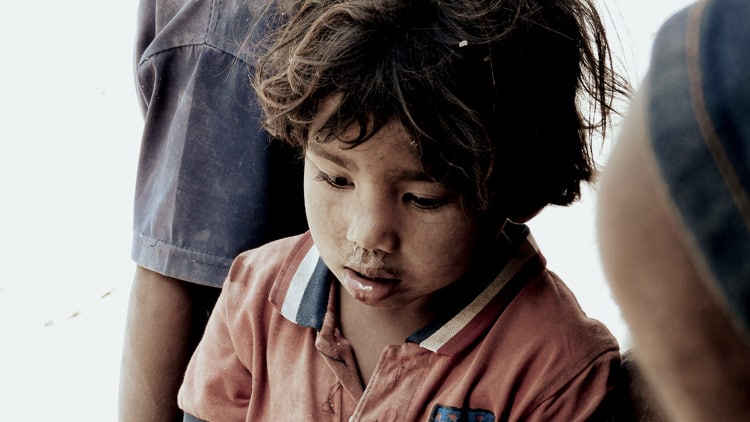How Unsafe Water Makes Families Ill and What Fair Future Is Doing to Combat It.
From deep wells to frontline healthcare, we address waterborne illness at its source.
Why do we keep getting sick?
A young boy from Laindatang posed this question to me, his soft voice laden with a burden far beyond his years. His straightforward words incisively highlighted an issue we encounter daily. In this village, as in many others throughout East Sumba, the solution is found in the water they consume.
In Laindatang, water isn’t sourced from taps or wells equipped with pumps. Instead, it is drawn from shallow holes shared with livestock or collected from rivers contaminated by waste. Every morning, children fetch this water in dirty yellow jerrycans, either balancing them on their heads or dragging them along dusty paths. Although the water appears clean initially, it is filled with bacteria, parasites, and disease-causing agents.
This water inflicts daily damage: diarrheal diseases drain children of energy and nutrition, typhoid brings recurring fevers, skin infections worsen without adequate treatment, and hepatitis A affects some cases. It debilitates mothers who trek for hours to collect this water, only to watch it make their children even sicker. Entire families remain trapped in a cycle of illness and fatigue as a result.
The boy’s question is not uncommon; it resonates in every home around here. It’s the reason we strive daily to break this cycle.
Through the Water Connections program, we construct deep wells and durable water systems that extend to even the most remote communities. Our efforts go beyond merely excavating a hole; they focus on creating a dependable source of clean water capable of eradicating generations-old issues with waterborne diseases. Each reservoir built and every pipe installed represents our commitment to providing tangible solutions and fostering optimism without explicitly mentioning it.
However, clean water by itself is insufficient. That’s why we have trained local women to become health agents known as the Kawan Sehat. These dedicated individuals work tirelessly to treat infections resulting from contaminated water, educate families on hygiene and safe water storage practices, and monitor children’s health long after access to clean water. They serve as the frontline workers, delivering medical care and knowledge in areas where no doctor has ever set foot.
“A child’s question reveals what others endure in silence. Every well, every health agent, every clean water source is our daily answer.”
— Alex Wettstein, CEO and Founder, Fair Future Foundation
When the boy posed his question, I found myself without an immediate response because there isn’t a simple one! However, every well we dig, each health worker we back, and all infections we combat contribute to forming the answer he rightfully deserves.
His question will remain with me forever, just like our commitment to him: to continue working until no child or family in Laindatang—or anywhere else—has to wonder why they are always unwell.
Today, May the 24th, 2025 – Alex Wettstein
The Long-Term Impact of Unsafe Water Illnesses
The boy’s question — “Why are we always sick?” — reveals how unsafe water leaves families battling constant diarrhoea, skin infections, and typhoid. Over time, this cycle weakens children and mothers, leaving communities trapped in illness. Fair Future responds by constructing clean water systems and deploying health agents in regions lacking doctors.
Life’s Daily Challenge: Finding and Using Unsafe Water in Rural Indonesia
List of Related Organisations with Hyperlinks
- Last Mile Health – Brings healthcare to remote areas, such as Fair Future’s Primary Medical Care.
- Water.org – Provides access to clean water globally, echoing our Water Connections work.
- Doctors Without Borders – Offers emergency medical assistance, as we do with Kawan Sehat agents.
- PATH – Develops health solutions for low-resource settings, a mission we share in Sumba.
- Rotary International – A key partner supporting water and medical infrastructure in East Sumba.
- Kawan Baik Indonesia – Our closest partner, sharing resources and field activities in Sumba.
- Charis Foundation – Collaborates on clean water and health education for Sumba communities.
- Global Water Center – Advocates for clean water access, aligned with Fair Future’s mission.



